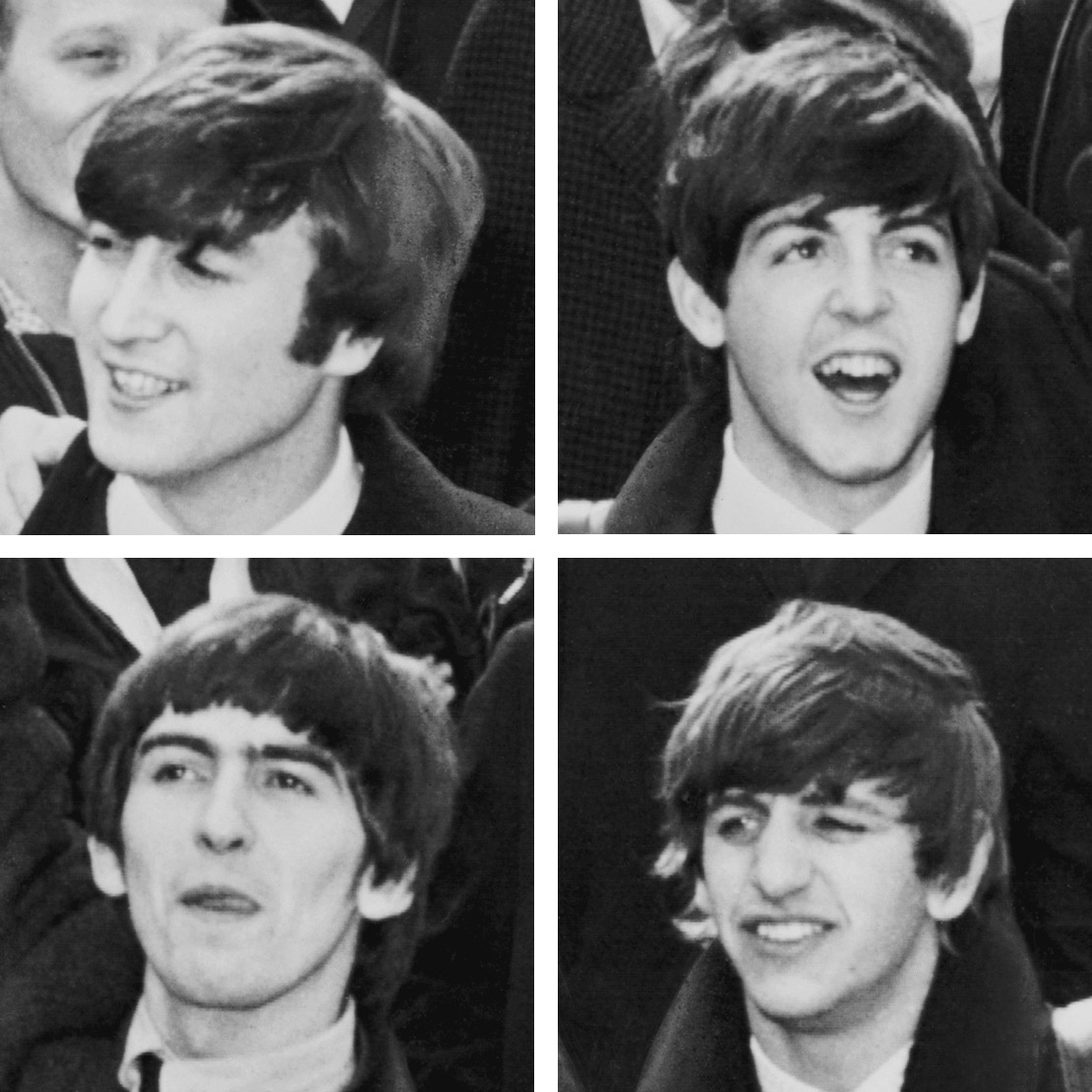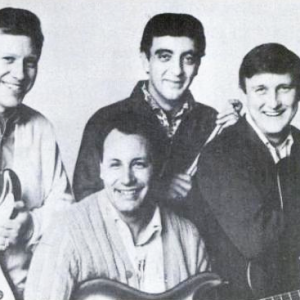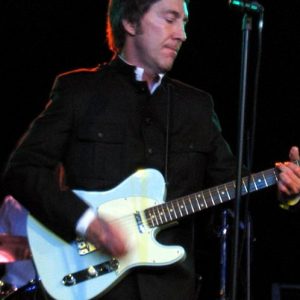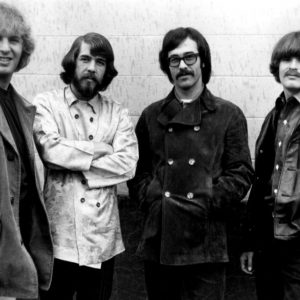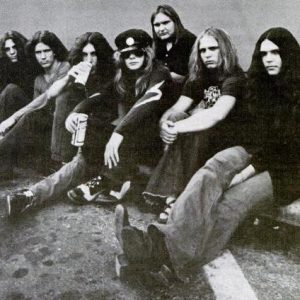Product Description
“Blackbird” is a song by the Beatles from their 1968 double album The Beatles (also known as “the White Album”), which was performed as a solo effort by Paul McCartney. The song was also written by McCartney, although it is credited to Lennon–McCartney. McCartney has stated that the lyrics of the song were inspired by hearing the call of a blackbird in Rishikesh, India, as well as by the unfortunate state of race relations in the United States in the 1960s.
McCartney explained on Chaos and Creation at Abbey Road, aired in 2005, that the guitar accompaniment for “Blackbird” was inspired by Johann Sebastian Bach’s Bourrée in E minor, a well-known lute piece, often played on the classical guitar. As teenagers, he and George Harrison tried to learn Bourrée as a “show off” piece. The Bourrée is distinguished by melody and bass notes played simultaneously on the upper and lower strings. McCartney adapted a segment of the Bourrée (reharmonised into the original’s relative major key of G) as the opening of “Blackbird”, and carried the musical idea throughout the song.
The first night his future wife Linda Eastman stayed at his home, McCartney played “Blackbird” for the fans camped outside his house. The fingerpicking technique that McCartney uses in the song was taught to him by folk singer Donovan.
Since composing “Blackbird” in 1968, McCartney has given differing, contradictory statements regarding both his inspiration for the song and its meaning. In one of these scenarios, he has said he was inspired by hearing the call of a blackbird one morning when the Beatles were studying Transcendental Meditation in Rishikesh, India. In another, he recalls writing it in Scotland as a response to racial tensions escalating in the United States during the spring of 1968.
In May 2002, following a show in Dallas, Texas, McCartney discussed the song with KCRW DJ Chris Douridas, saying:
I had been doing some [poetry readings] in the last year or so because I’ve got a poetry book out called Blackbird Singing, and when I would read “Blackbird”, I would always try and think of some explanation to tell the people … So, I was doing explanations, and I actually just remembered why I’d written “Blackbird”, you know, that I’d been, I was in Scotland playing on my guitar, and I remembered this whole idea of “you were only waiting for this moment to arise” was about, you know, the black people’s struggle in the southern states, and I was using the symbolism of a blackbird. It’s not really about a blackbird whose wings are broken, you know, it’s a bit more symbolic.
Before his acoustic guitar set during the same US tour, McCartney explained that “bird” is British slang for girl, making “blackbird” a synonym for “black girl”.
The lyrics have invited similarly varied interpretations – as a nature song, a message in support of the Black Power movement, or a love song. Writing in the 1990s, Ian MacDonald dismissed the idea that “Blackbird” was intended as “a metaphor for the black civil rights struggle”. Noting instead the composition’s romantic qualities, MacDonald said that the early-morning bird song “translates … into a succinct metaphor for awakening on a deeper level”. However, during an informal rehearsal at EMI Studios on 22 November 1968, before he and Donovan took part in a Mary Hopkin recording session, McCartney played “Blackbird”, telling Donovan that he wrote it after having “read something in the paper about the riots” and that he meant the black “bird” to symbolise a black woman.
The song was recorded on 11 June 1968 at EMI’s Abbey Road Studios in London, with George Martin as the producer and Geoff Emerick as the audio engineer. It is a solo performance with McCartney playing a Martin D 28 acoustic guitar. The track includes recordings of a male blackbird singing in the background.
Only three sounds were recorded: McCartney’s voice, his Martin D-28 acoustic guitar, and a tapping that keeps time on the left channel. This tapping “has been incorrectly identified as a metronome in the past”, according to engineer Geoff Emerick, who says it is actually the sound of Paul tapping his foot. McCartney also said the same in The Beatles’ Anthology documentary. Emerick recalls as being mic’d up separately. Footage included in the bonus content on disc two of the 2009 remaster of the album shows McCartney tapping both his feet alternately while performing the song.
The mono version contains bird sounds different from the stereo recording, and was originally issued on a mono incarnation of The Beatles (it has since been issued worldwide as part of The Beatles in Mono CD box set). The song appears on Love with “Yesterday”, billed as “Blackbird/Yesterday”. “Blackbird” provides an introduction to “Yesterday”.

